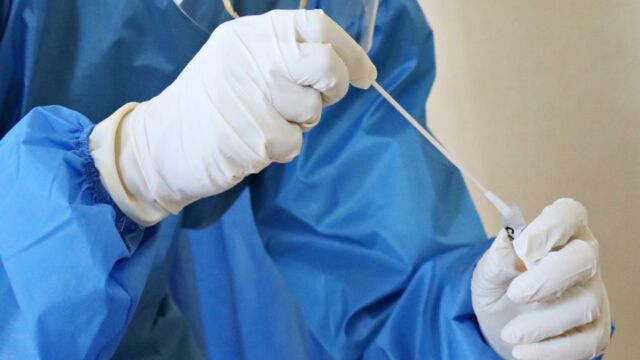Cervical cancer screenings can help prevent getting cancer, but many who are eligible for the screenings do not attend. There are more and more calls to lower the age required, but to also make them more thorough. But why are some many missing their appointments?
Discover our latest podcast
Why do so many miss their appointments?
The pandemic is one cause for those with a cervix to have missed their appointments. The fear of catching COVID stopped them from attending. However, even before the pandemic started, many were already putting off their visit or cancelling them once booked.
Starting from February 14, the Department of Health and Social Care (DHSC) and the NHS are launching a campaign to increase the number of those eligible going to their screenings in England.
The goal is to remind those with a cervix to catch up on their missed appointments, they named the campaign ‘Help Us Help You – Cervical Screening Saves Lives.’
Figures showed that in March 2021, 30% of those who were due to be screened between 25 and 64 years of age were not screened. Statistics also reveal that roughly 2,700 women and people with a cervix are diagnosed with cervical cancer each year, and around 690 of them die. The NHS believe that 83% of deaths could be prevented if all those eligible had their screening.
Read more:
⋙ Smear test: Cervical screening can now detect tumours in other parts of the body
⋙ HPV vaccine is reducing cervical cancer by 90%
⋙ According To So Science, Men Die From Breast Cancer More Often Than Women
The NHS survey
The NHS’ survey of 3,000 women and people with a cervix found that the main reason they don’t attend their screening is: embarrassment. Also, 34% said they ‘kept putting it off,’ and another 28% were afraid it would be painful. Moreover, people from the LGBTQ+ community are more likely to skip the screening, with 15% of them never having had a smear.
The NHS survey also showed that 81% of those who attended their cervical cancer screening found their nurse or doctor very helpful and ensured they felt comfortable. Also, over half were surprised at how quick the process was.















